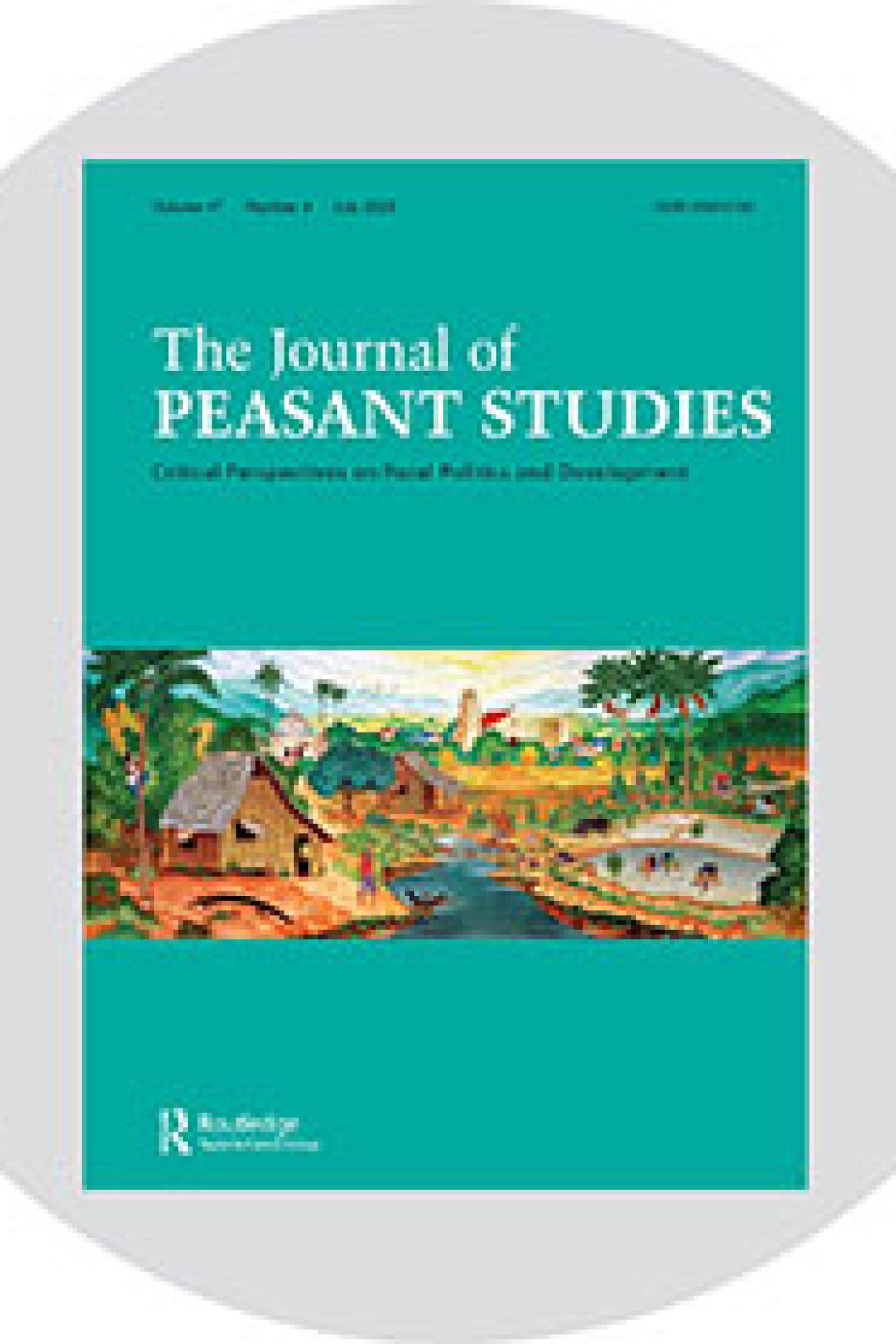New article by Nikita Sud explores 'unfixity' of land in Indian SEZ
A new article by Nikita Sud explores the 'unfixity' of land through an exploration of India's largest Special Economic Zone (SEZ).
The Gujarat SEZ has constantly changed shape, name, and purpose. The article suggests that the material, regulatory, cartographic, and classificatory flexibility of ‘unfixed land’ underlies these contortions.
The multiplicity of land also informs political adversariality towards the Zone. Over 2.5 decades, a heterogeneous group of farmers, fishworkers, pastoralists, and local-to-global NGOs have contested the takeover of lands along registers of access, use, property, environmental sustainability, and more.
The article suggests that this multiplicity is somewhat ordered through the coercions, mediations, and compromises of everyday and Party politics. Politics temporarily and imperfectly settles the making, distribution and use of unfixed land.
Nikita Sud (2020) 'Making the political, and doing politics: unfixed land in an Amoebal Zone in India', Journal of Peasant Studies, DOI: 10.1080/03066150.2020.1764542

